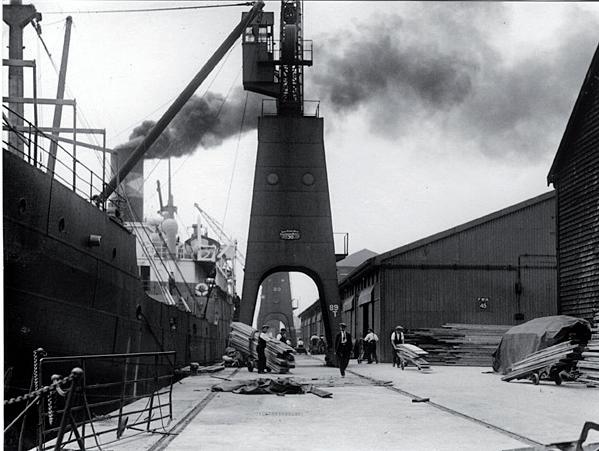
3 minute read
Behind the Book: Alain de Botton
Alain de Botton, the bestselling author of books on love, travel, architecture and philosophy, chooses the titles he found invaluable while researching The Pleasures and Sorrows of Work.
I was inspired by some of the following titles during the writing of my book, The Pleasures and Sorrows of Work, an exploration of the joys and perils of the modern workplace, published by Hamish Hamilton in April 2009.
- The Docks of London, from The London Scene by Virginia Woolf (New York 1975). T. London. Woolf visits the docks of London to watch ships coming in from around the world, and their cargo unloaded. At the time she wrote the piece (1931), London’s docks were still major centres of trade, and Woolf revels in observing the stuff of daily life arriving in gargantuan quantities. The essay amounts to a hymn of praise to manufacture and what we would now term logistics. My latest book opens with a homage to Woolf, as I make my own way to the London docks – and, in part because of her, learn to be seduced by the charms of cargo.
- The Americans by Robert Frank (New York 1959; 50th anniversary edition; on order). A wonderful photo-essay that inspired me to adopt the same format for my new book, with text on the right-hand page
- Das Kapital by Karl Marx (Hamburg 1872–94). S. Political Economy. Anyone wanting to understand the world of work can still gain a surprising amount of insight from this often beautifully written book on political economy. Skip the lengthy bits.
- Uncommon Carriers by John McPhee (New York 2006). T. America (Gen.). McPhee has been on the staff of the New Yorker for decades, writing essays on industry and commerce. This book is a collection of essays on people who work in freight transportation; my particular favourite recounts how McPhee spent a night at the FedEx hub in Memphis, watching live Maine lobsters coming down the automated rubber runways.
- Vermeer in Bosnia by Lawrence Weschler (New York 2004; on order). I am often looking for reassurance as to the validity of a certain kind of personal, digressive essayistic writing, and so I was cheered by reading Weschler, another New Yorker writer, who looks with an aesthetic eye at the world of economics and politics. The finest essay in the collection is on Weschler’s visit to the Bosnian war trials in The Hague, where he spends mornings in the courtroom and afternoons looking at a Jan Vermeer show, and draws fascinating parallels between these two spheres.
- The Wealth and Poverty of Nations by David Landes (London 1998). S. Political Economy. Landes seeks to explain nothing less than the origins of successful capitalist economies and does so brilliantly, without overwhelming bias or jingoism. He shows the precariousness of the ‘developed’ world’s achievements and, happily, writes with the pace and delight of a detective writer. Whereas some big books on the history of modernity drag a little, Landes is genuinely interesting on every page.
- The Needs of Strangers by Michael Ignatieff (London 1984). S. Social Science. Before Ignatieff tried to become the next Canadian Prime Minister, he was a wonderful essayist and this is by far his best book. It seeks to explain our responsibilities to others within a modern welfare state, and does so by looking back through history at writers like Jean-Jacques Rousseau, David Hume and John Locke, the founders of many of our own political assumptions. I recommend this book to anyone trying to deepen their knowledge of political philosophy; it’s essentially a guide to the contemporary Western mental landscape.

Quayside scene at Greenland Dock, Rotherhithe, London, 1927.


